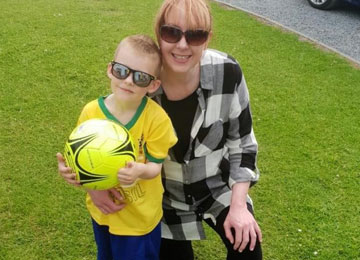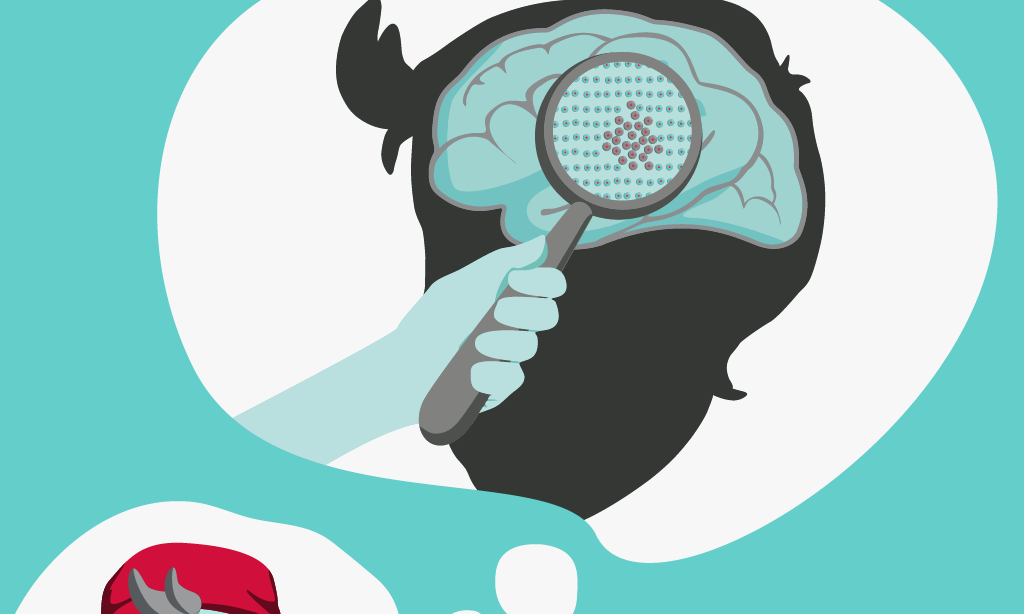Communicating with families following a
brain tumour diagnosis
People often mistakenly think that the family want to be left alone following the devastating diagnosis of a brain tumour. However, if the school doesn’t communicate with the family they may feel like they’ve been abandoned.
Open and honest communication is really important between school and the family.
The importance of communication between the child, family, school and wider support team cannot be underestimated. This ensures children’s needs can be met, anxiety is reduced and all parties feel more confident of their respective roles and responsibilities. Good communication is key both immediately after a child is diagnosed, and also throughout their time in education.
Dr Emily Bennett, Consultant Clinical Psychologist
Maintaining communication with the family following a brain tumour diagnosis provides reassurance and comfort. It also allows you to pre-empt any potential problems or worries that the child may meet at school.
Furthermore, it gives you the knowledge to talk to the class (with the family’s permission) about what’s going on with their classmate.
Things to consider when communicating with families:
- the initial shock and stress of a brain tumour diagnosis may have an impact on how much a family wants to communicate or share. Allow children and parents to take the lead in this regard. Even if a family don’t want to share their story, you may need to tell the school community something about why the child isn’t going to be in school. This could be something as simple as ‘they are off sick’.
- establish a key point of contact in the school for the family, to avoid them having to repeat their story every time someone communicates with them. For consistency, also consider giving this key contact responsibility for liaising with the child’s healthcare team.

The school were amazing. His SENCO and teachers were so supportive. The class teacher came to visit us once Noah was out of hospital and played a key role in facilitating his visits to school after his operation.
Donna Forster, mother of Noah (6) diagnosed with a rare, low-grade brain tumour
- find out from the family and/or the child themselves what they know and understand about their brain tumour diagnosis. This will make ensure you don’t say anything about brain tumours that they don’t already know.
- When communicating with the family establish how often they want contact and via what method, e.g. phone, email or personal visits.
- if you’re supporting a family with a child at secondary school (particularly in the later years), you might have more direct communication with the child themselves to find out how they’re doing.
- establish who the family want the information shared with within the school. This may include just the child’s classmates and their parents or there may be particular teachers (in secondary school) or the wider school community.
- Communicate to the family the potential impact of a brain tumour diagnosis on the child’s siblings. The lives of brothers and sisters are often significantly affected when a sibling has a brain tumour, so it’s essential to make sure that siblings also feel supported.
- As a teacher, it can feel quite daunting to know the best way to communicate with families and provide support to a child affected by a brain tumour. Make sure you seek support, if and when you need it.
Support and Information Services
Research & Clinical Trials Information
You can also join our active online community.
In this section

Supporting you
Our Children & Families team offers support to children, young people and families affected by a brain tumour diagnosis. We’re here to help with any information you might need, answer your questions, listen and provide support.
